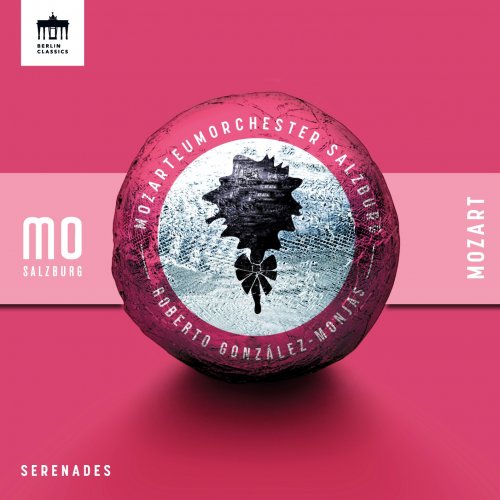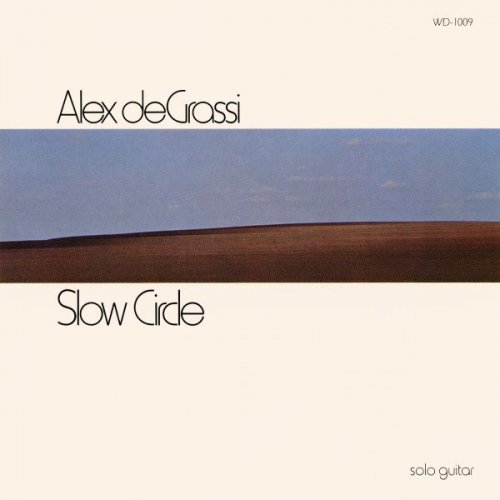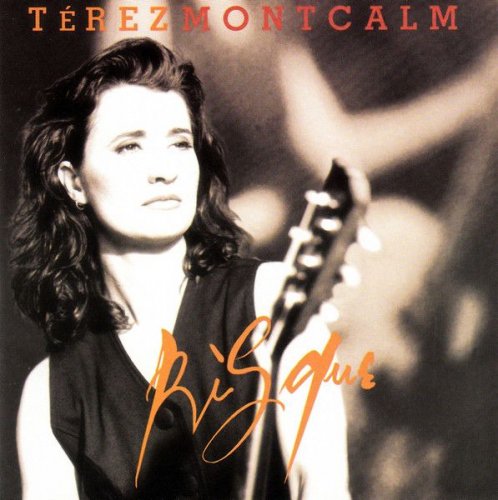Mozarteumorchester Salzburg, Roberto González-Monjas - Mozart: Serenades (2023) [Hi-Res]

Artist: Mozarteumorchester Salzburg, Roberto González-Monjas
Title: Mozart: Serenades
Year Of Release: 2023
Label: Berlin Classics
Genre: Classical
Quality: flac lossless (tracks) / flac 24bits - 96.0kHz
Total Time: 00:53:32
Total Size: 261 / 956 mb
WebSite: Album Preview
TracklistTitle: Mozart: Serenades
Year Of Release: 2023
Label: Berlin Classics
Genre: Classical
Quality: flac lossless (tracks) / flac 24bits - 96.0kHz
Total Time: 00:53:32
Total Size: 261 / 956 mb
WebSite: Album Preview
01. Serenata notturna, K. 239: I. Marcia. Maestoso
02. Serenata notturna, K. 239: II. Menuetto
03. Serenata notturna, K. 239: III. Rondeau. Allegretto
04. March in D Major, K. 237/189C
05. Serenata Colloredo, K. 203/189b: I. Andante Maestoso. Allegro Assai
06. Serenata Colloredo, K. 203/189b: II. Andante
07. Serenata Colloredo, K. 203/189b: III. Menuetto
08. Serenata Colloredo, K. 203/189b: IV. Allegro
09. Serenata Colloredo, K. 203/189b: V. Menuetto
10. Serenata Colloredo, K. 203/189b: VI. Andante
11. Serenata Colloredo, K. 203/189b: VII. Menuetto
12. Serenata Colloredo, K. 203/189b: VIII. Prestissimo
![Mozarteumorchester Salzburg, Roberto González-Monjas - Mozart: Serenades (2023) [Hi-Res]](https://www.dibpic.com/uploads/posts/2023-08/1691560508_mozarteumorchester-salzburg-mozart-serenades-2023-back.jpg)
The Mozarteumorchester Salzburg looks back on a history of more than 180 years. It was founded in 1841 with the involvement of Constanze Mozart. Today it enjoys a worldwide reputation for its lively and purposeful Mozart interpretations. Its permanent guest conductors include Constantinos Carydis, Andrew Manze, and the Spanish conductor and violinist Roberto González-Monjas. They all contribute to the orchestra's ability to constantly regroup and align itself for the repertoire at hand. Of course, the constant preoccupation with the classical period is part of the formative element, but in the meantime the orchestra is also appreciated for interpretations of the music of the 19th/20th and 21st centuries. Together with the Berlin Classics label, the Mozarteumorchester Salzburg will embark on an exciting journey starting in August 2023. With six album releases planned through 2025, the orchestra will be able to show its full range and passion for playing.
The very first release is already a highlight and shows how close the orchestra's connection is to its hometown of Salzburg. August 11 marks the release of the first album in the series, featuring Serenades No. 6 and No. 4 by Wolfgang Amadeus Mozart, conducted by Roberto González-Monjas. Serenades, or open-air summer night musics, have been popular in Salzburg since the early 18th century. It was great fun and pure entertainment for everyone involved. Mozart wrote his first serenade at the age of 13 and immediately made himself an indispensable part of Salzburg's summer activities.
The recording does not begin with summer music, however, but with Serenade No. 6, which most likely accompanied the autumn carnival celebrations in the prince-archbishop's residence palace. Even though it is light music, it is by no means easy to play. Mozart has two string ensembles compete against each other and involves them in a musical dialogue. At the time, the first string ensemble consisted of professionals, the other of amateur musicians. Already here the whole genius of Mozart is expressed and is realized in the same way by the Mozarteumorchester.
Mozart wrote Serenade No. 4 for the summer graduation ceremony of the Benedictine University. It is the so-called final music. At that time, the orchestra had to march while playing from the Bishop's Palace across the city bridge to the University Square. Mozart let his ingenious wit and charm flow into the music here as well.
The Mozarteumorchester Salzburg and conductor Roberto González-Monjas let all the joy of playing and reverence for Mozart's music flow into the recording here. In both works, the conductor also reaches for the leading violin and lets other orchestra members shine as soloists with Sophia Herbig on violin, Milan Radić on viola, Brita Burgschwendtner on double bass and Michael Mitterlehner-Romm on timpani.
With this album series, the Mozarteumorchester Salzburg, through inspired interpretations, demonstrates stylistic excellence in the diversity of the classical repertoire, while remaining true to its principle of maintaining a deep connection between the music and the city of Salzburg. The world may be its guest.

![Johannes Arzberger - Rebirth (2025) [Hi-Res] Johannes Arzberger - Rebirth (2025) [Hi-Res]](https://img.israbox.com/img/2025-12/29/83zqlzou5l7cgdoiuiy231rth.jpg)


![Fatty George - Fatty George meets Lionel Hampton & Beryl Bryden (2020) [Hi-Res] Fatty George - Fatty George meets Lionel Hampton & Beryl Bryden (2020) [Hi-Res]](https://www.dibpic.com/uploads/posts/2025-12/1767087774_fglh.jpg)



